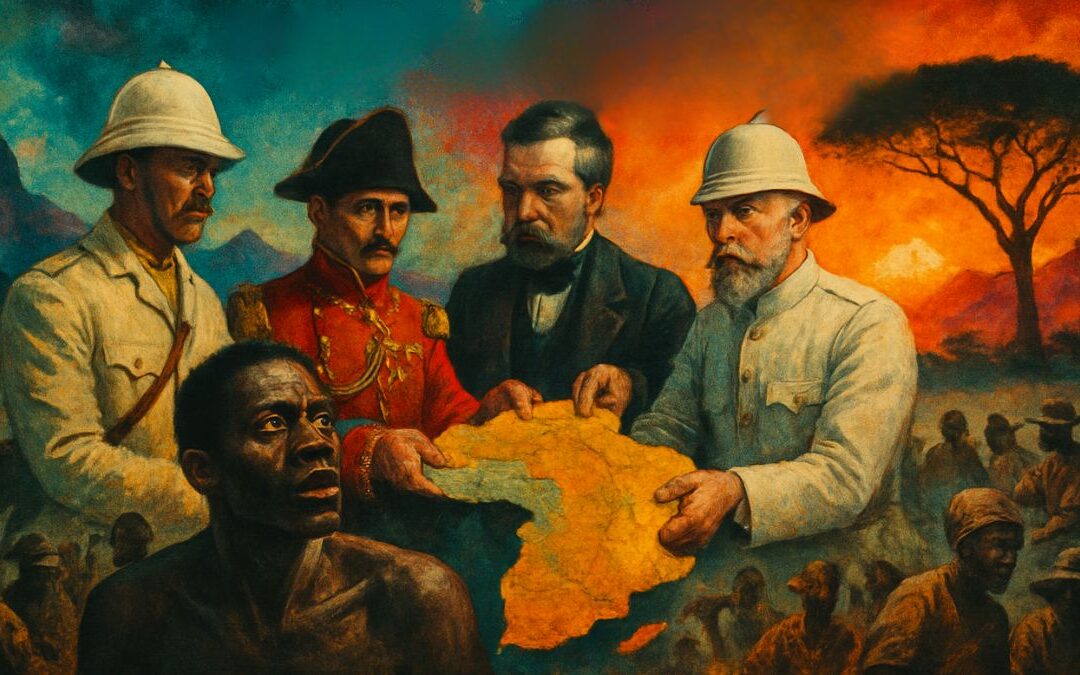Introduction
Why do we instantly judge a stranger based on their clothes? Why do good people sometimes stand by and do nothing in a group? Human beings are social animals, but our social instincts can lead us down dangerous paths. This week, we enter the complex world of social psychology to explore the biases that govern our group behavior. We’ll tackle stereotypes, peer pressure, and why we often blame the victim. Get ready to rethink your social world.
Short Story
A new employee, David, joins a team at a fast-paced company. On his first day, he arrives a few minutes late. His manager immediately thinks, “He’s lazy and unprofessional,” without considering there might have been a traffic jam (Fundamental Attribution Error). Because David is young and has tattoos, some of his older colleagues quickly assume he must be inexperienced and not serious about his work (Stereotyping). Later, in a team meeting, the manager proposes a risky project. Everyone can see potential problems, but since no one else is speaking up, they all remain silent, not wanting to be the lone dissenter (Groupthink). A few team members who were initially hesitant find their doubts turning into enthusiastic support after hearing their colleagues speak positively about the project (Group Polarization). When David is asked directly for his opinion, he agrees with the majority, even though he has reservations, because he wants his new team to like him (Social Desirability Bias).
Explanation
David’s first day was a minefield of social biases. Let’s navigate it together:
- Fundamental Attribution Error: The manager blamed David’s character (“lazy”) for his lateness, not the situation (traffic). We’ll explain this is a default error in social judgment: we attribute others’ actions to their disposition, but our own to the circumstances.
- Stereotyping: The judgment based on David’s age and tattoos is a classic stereotype. It’s a mental shortcut that applies a generalization of a group to an individual, and it’s often harmful and inaccurate.
- Groupthink: The team’s silence in the face of a bad idea is a hallmark of groupthink. The desire for harmony and conformity overrode critical thinking, a common dynamic in cohesive groups under pressure.
- Group Polarization: The hesitant team members didn’t just conform; their opinions became more extreme. We’ll discuss how discussion within a like-minded group can push individuals toward a more radical version of their initial stance.
- Social Desirability Bias: David’s lie was motivated by a desire to be accepted. This bias makes us act and speak in ways that we believe will be viewed favorably by others, even if it’s not our true opinion.
Language Focus
- Vocabulary: Attribution, stereotype, consensus, conformity, polarization, dissent, to generalize, peer pressure.
- Grammar: We’ll focus on Modal Verbs of Obligation and Suggestion (must, should, have to, ought to) to discuss social rules and expectations. For example: “In a group, you should feel free to express your opinion.”
- Speaking Skill: Expressing a Dissenting Opinion Politely. We’ll provide phrases to help you disagree without being disagreeable. Examples include: “I see your point, but have we considered…?”, “That’s an interesting perspective. Another way to look at it could be…”, or “I wonder what would happen if we…”
- Writing Challenge: “The Group Dynamic Analysis.” Think of a group you are part of—a sports team, a work department, a club, or even your family. Write 200-300 words describing a recent group decision. Analyze the situation for any signs of groupthink, polarization, or stereotyping. How could the decision-making process have been improved?
Outro & Teaser for Next Episode
“Navigating our social world is complex, and these biases are at play every day. Being aware of them can help us become better colleagues, friends, and community members. In our final episode, we explore the ultimate bias—the one that rewrites our past. Can you trust your own memories? We’ll find out that the answer is more shocking than you think. Join us for our series finale.










0 Comments